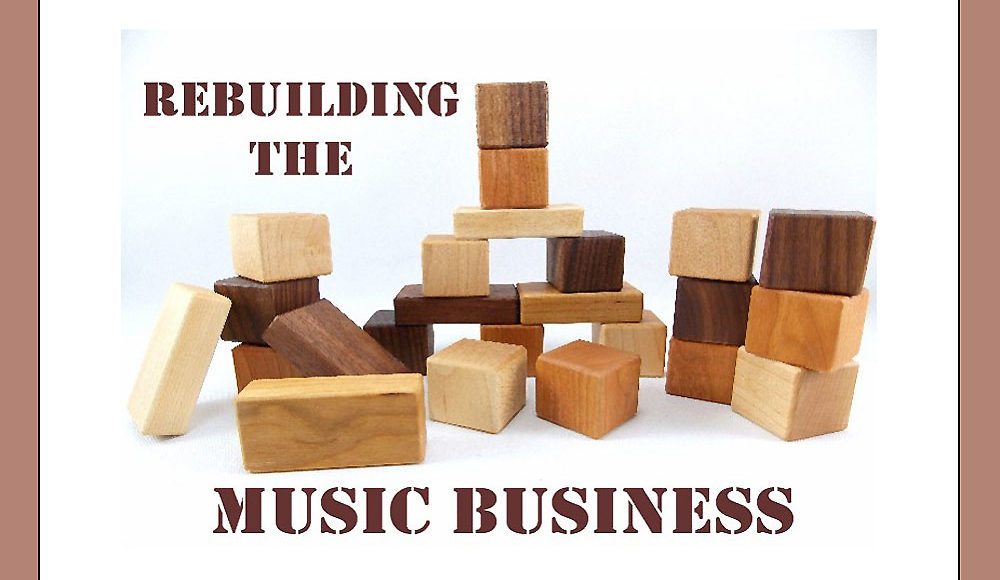For the first decade of this century I didn’t pay much attention to the music business. After close to 30 years in the business – both publishing and records – I was strictly a consumer. I bought my CDs, reluctantly got used to the fact of iTunes, heard and bought some of the pop hits of the day but, for the most part, current music was strictly in the background of my life.
That changed when I discovered The Voice during its second season a few years ago. (The American Idol fascination had never overtaken me.) As I’ve written before, I’ve enjoyed The Voice as much as I have because its premise reminds me so much of the music business I grew up in during the ’70s and ’80s.
But my antenna started going up about the state of the music business almost exactly two years ago when I first wrote about how even music professionals were attributing a song only to artists who recorded them, not to the songwriters who created them. More recently, I wrote here on The TVolution about how songwriters were disappearing from view – literally. I admitted this championing of songwriters was a quirk of mine, but it was something for which I was willing to tilt at a few windmills.
Someone recently suggested to me that I was trying to make songwriters famous, since being famous seems to be the coin of the realm these days, and appears to be a life goal of a significant percentage of the population. No, that wasn’t my intention.
I just want songwriters and their artistry to be acknowledged when appropriate. Like when the music professionals on The Voice are discussing the qualities of a song or when they are reviewing possible choices with a young artist.
Another example of when it might be appropriate to give credit: when you’re doing a full-hour special on the 50th Anniversary of The Sound of Music, which ABC News did recently. This hour-long Valentine to the glories of the songs of this landmark musical – complete with luring unsuspecting tourists into singing their favorite numbers – managed to get through the entire hour without ever mentioning Rodgers & Hammerstein (!), the composer and lyricist of those much beloved songs. Unbelievable! (They did mention ‘the creators’ once, and made a passing reference to “Edelweiss” being the last song ‘lyricist Oscar Hammerstein wrote’. But still…)
How did we get here? I think it’s a combination of things. One I’ve addressed before, and that is that we literally don’t see the names – except for the artist – of people responsible for creating the music we hear. Another reason is the technology at our fingertips.
Back in the early ’70s, Arthur C. Clarke wrote, “Any sufficiently advanced technology is indistinguishable from magic.” The way technology presents us with entertainment choices currently could easily be mistaken for magic. Want to watch something that was on television last night? Press a few buttons. Want to watch movie classics from the 1930s? Press a few different buttons. Want to hear Pavarotti sing “Nessun Dorma”? It’s yours for a few clicks. If “Uptown Funk” is your choice, that’s a few clicks, too.
It’s no wonder we aren’t thinking about the makers of music. Who questions where the rabbit came from when the magician pulls it out of a hat?
Acknowledging songwriters and honoring the art of songwriting is one thing, and I admit that it’s a passion of mine. But taking away their livelihood is another – and that’s what music streaming is doing. We’ll get to that next.





